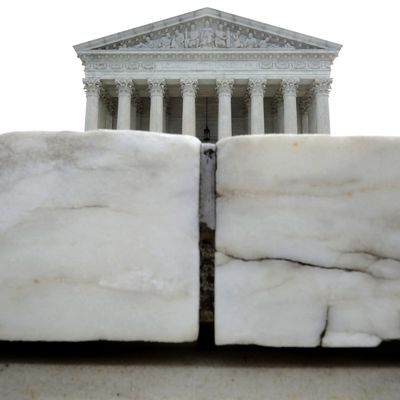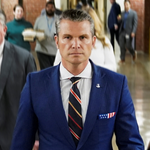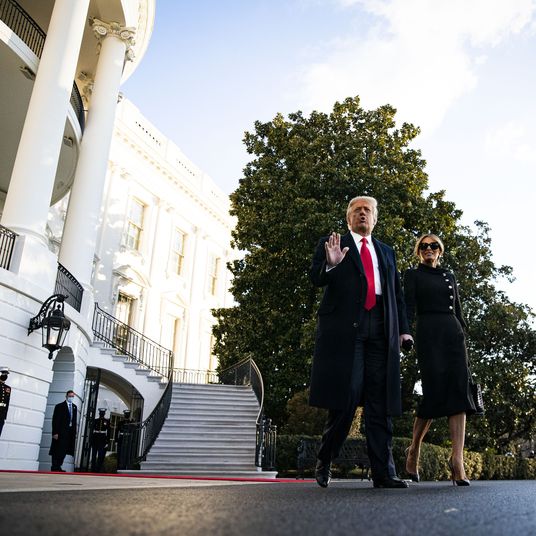
Political observers fear a lot of weird things that could happen in this year’s presidential elections, mostly involving the possibility that President Trump and his party will contest a defeat via undocumented claims of “voter fraud” attributable to heavy voting by mail. But today the Supreme Court sought to head off one disruptive possibility: “rogue” or “faithless” electors who don’t vote for the presidential ticket to which they are pledged.
In Chiafalo v. Washington, a unanimous Court upheld Washington State’s power to fine three 2016 electors pledged to Hillary Clinton who cast ballots in the electoral college for Colin Powell as part of an unsuccessful scheme to get electors pledged to Donald Trump to abandon their candidate for a “compromise” choice. At the same time, the Court reversed a Tenth Circuit decision holding that Colorado had no power to control what its electors could do.
In the majority opinion, Justice Elena Kagan reviews the history of the Electoral College and concludes the power of states to choose electors as provided for in Article II of the Constitution (and reaffirmed in the 12th Amendment, which created separate balloting for the president and vice-president) suggests states also have the power to discipline electors by removal or fine. A concurring opinion from Justice Clarence Thomas (joined by Justice Neil Gorsuch) locates the ability of states to control electors in the Tenth Amendment’s reservation of unenumerated powers.
It’s worth noting that not all states sanction “faithless electors” (16 do) and that not all that do provide for their removal and replacement (12 states have claimed that power). So the practice is still possible so long as states are lax in enforcing elector pledges.
But it really hasn’t happened that much. The ten “faithless electors” of 2016 constituted the highest number since 1872, when Democratic/Liberal Republican nominee Horace Greeley died not long after Election Day, leading 63 electors to scatter their votes among various alternatives.
The heavy emphasis by the Court on the power of states to control electors does reinforce a very different risk: that in cases of a contested popular vote for president in any one state, that state’s legislature may assert the power to choose electors on its own, which was a common practice in the earliest days of the Republic.






























